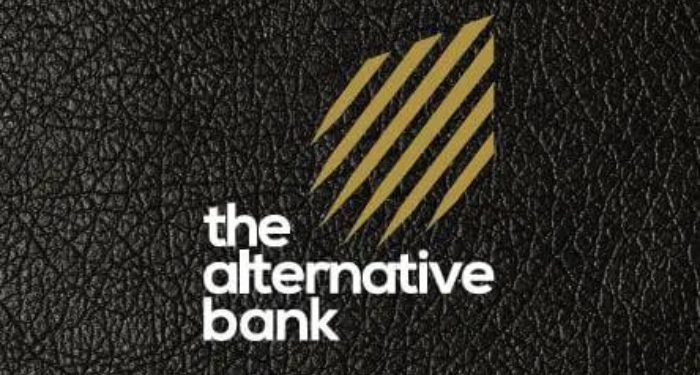The Alternative Bank has deepened its commitment to women’s empowerment and inclusive finance with the launch of the Alternative Bank–Utiva Women in Tech Scholarship, a new initiative aimed at equipping 20 women entrepreneurs with digital and business innovation skills. The announcement came during a virtual event commemorating the International Day for Rural Women 2025, themed “Rural Women and MSMEs: Driving Sustainability, Strengthening Economies, Securing Our Shared Tomorrow.”
The event, which convened policymakers, development experts, and private sector leaders, celebrated the contributions of rural women while exploring strategies to enhance their participation in the digital and financial economy.
Delivering the welcome address, Korede Demola-Adeniyi, Executive Director (South) at The Alternative Bank, described the day as “a call to action,” pledging continued investment in inclusive finance and women-led enterprises.
“Rural women are the heartbeat of food systems, the lifeline of families, and the silent architects of community resilience,” she said. “Empowering rural women is both a moral imperative and smart economics. The doors of The Alternative Bank remain open to partners, finance ideas, and co-create sustainable solutions that uplift women and strengthen communities.”
The newly launched Women in Tech Scholarship, created in partnership with Utiva, will commence its first cohort in November 2025. Beneficiaries will undergo training in digital literacy, innovation, and business transformation to help scale their enterprises and participate more actively in the digital economy.
Eyitayo Ogunmola, Chief Executive Officer of Utiva, hailed the collaboration as a “game-changer for women’s digital inclusion.”
“When women are equipped with the right digital skills, they don’t just transform their businesses, they transform their communities. This partnership with The Alternative Bank is about creating real pathways for innovation and long-term economic empowerment,” he said.
Representing the Federal Government, Hon. Gift Johnbull, Senior Special Assistant to the President on Community Engagement (South-South), commended the bank for its inclusive vision, stressing that women form “the backbone of food production” in Nigeria.
“Women make up about 70% of our food system, yet many still face barriers in education, finance, and access to productive resources. We are working to remove those barriers permanently,” she said.
UN Women also reaffirmed its commitment to women’s empowerment. Representing the Country Representative, Osalobo Osemhenjie, Programme Specialist, highlighted ongoing interventions, including the provision of business kits, rice milling machines, and renewable energy tools to women across multiple states.
In her keynote paper, “From Fields to Frontlines: Empowering Rural Women and Women MSMEs as Architects of Climate Resilience and Sustainable Prosperity,” Kemi Ayanda, Economic Development and Trade Strategist for Africa and the Middle East, emphasized that transforming rural economies begins with reimagining systems that recognize women as stabilizers and drivers of resilience.
Other distinguished speakers included Hajia Fatima Dikko Radda, wife of the Executive Governor of Katsina; Rinsola Abiola, Director-General of the Citizenship and Leadership Training Centre; Judith Libaisi Kayoni, Global Rural and Social Development Expert (Kenya); Dr. Hadiza Yaro, Anglophone West Africa Sales Manager, SAKATA Vegetables Europe SAS; and Ameena Buhari-Mohammed, Private Banking & Wealth Management Lead at The Alternative Bank.
Messages of solidarity also came from international partners, including Ellen T. Johnson, Country Head of Commonwealth Businesswomen Africa (Gambia), alongside interactive sessions that celebrated the resilience and leadership of rural women.
By convening this dialogue, The Alternative Bank reaffirmed its mission to build ethical, sustainable, and inclusive financial systems that empower women, strengthen local economies, and foster long-term national development.










